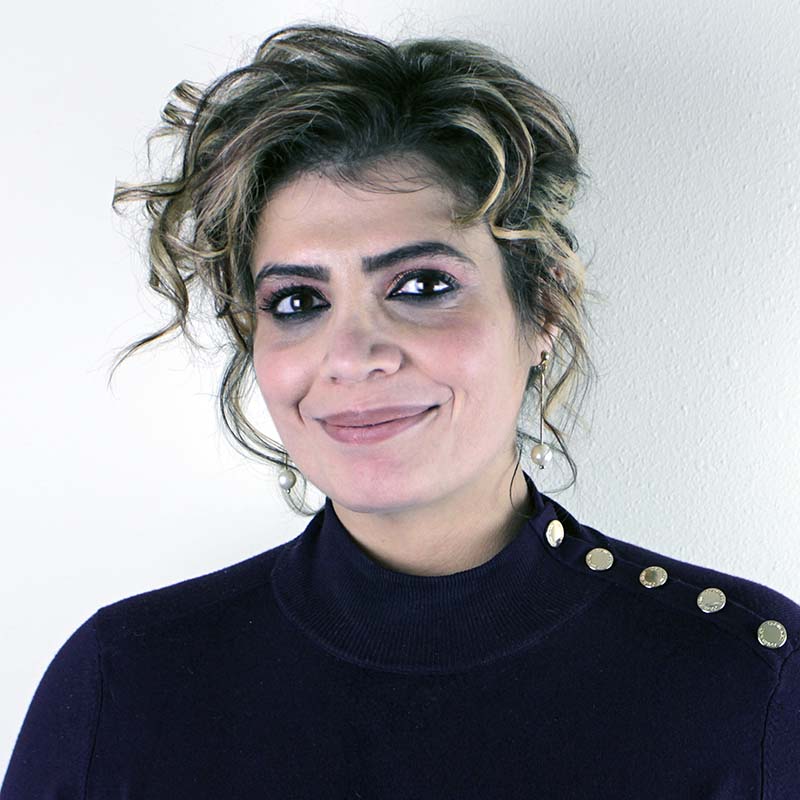During a person’s childhood, they experience a variety of unforeseen traumatic events whether they be abuse, loneliness, or neglect. These manifest themselves in adult life in anxiety disorders, self-sabotage, or any gamut of symptoms. A positive emotional upbringing reinforces in a child’s mind that life can be tough and unfair, but a healthy perspective can make the difference in the way an outcome affects you. A person’s behavior can be seen being established as early as kindergarten in the way they interact with their peers.
Most children that grow up being abused see that type of behavior as normal and accepted behavior, this comfortability in a violent act almost always results in abuse of their spouse and children, unfortunately. A vicious cycle then plays out over generations of that family until one recognizes the fallacy and preposterous nature of that idea, this is only predominantly healed through education for most people. A thorough understanding of a child’s suggestibility is imperative knowledge for parents who struggle with their own emotions and actions to help propel their child into a prosperous life.
Even in high school people are still developing a lot of their life habits, an idea of self, and where they feel they fit into society. A phenomenon that a large majority of high school students see themselves fall into is something referred to as “adolescent pseudomature behavior”. This essentially is acting at a higher maturity level than they currently occupy. This type of social signaling is a claw to the top of the highest echelon in whatever circle they might find themselves in. A social ladder that we climb every day with our peers and our professional relationships acted out all between the ages of 5 to 18 on a smaller scale.
Parents that find themselves being able to adequately handle poor situations in life almost always exhibit children with the same ability to do so. This is why it is so crucial to developing constructive habits for dealing with poor situations so that as we age, we can bring a positive light to those that we interact with and maybe even in some circumstances, our own children.

Clinical Director Therapist
Lana Reihani, LPCC, is a Clinical Mental Health Therapist, Clinical Supervisor, and Clinical Director with Sage Neuroscience Center. She is passionate about strengthening evidence-based clinical practices with radical empathy and a touch of humor, delivered with safety, equality, and diversity in mind. In her free time, Lana loves to learn, cook, find the best light for selfies, share amazing memes, and watch trashy reality TV.
Read Lana Reihani’s Full Bio | Browse All Articles Written by Lana Reihani, LPCC

